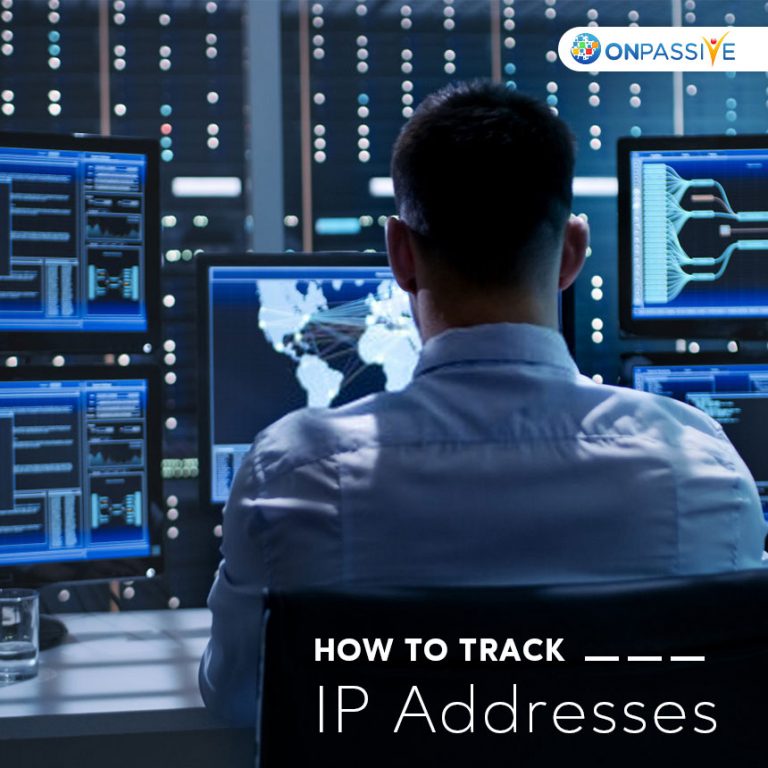
IP addresses are paramount to the online network, and they offer B2B advertising and marketing and sales teams some incredible opportunities. Tracking IP addresses can propel your site analysis, boost promoting and marketing campaign success, and benefit the lead generation for sales achievement.
In any case, how might IP addresses be tracked? Importance of IP address tracking technology has been part of our digital world for quite a long time; it’s right that we see how they are used to maximize our systems and improve results.
The IP handshake
Before we delve too profoundly into the tracking tools themselves, it’s critical to comprehend what makes IP address packing possible. It’s nothing incredibly exceptional or magic, it is generally, essential for the Internet Protocol whereby IP addresses must “shake hands” before cooperating and working together.
- It resembles texting a friend- you need to have swapped versatile mobile numbers to make it work- if one of you covered up or encoded your number, you couldn’t appropriately.
- Proper correspondence requires both IP addresses to be wholly open and revealing themselves to the other. It is the exchange that makes IP tracking conceivable.
- Struggles can happen when working with IP addresses due to the numerous classes they can fall into.
For instance, private IP addresses are elite and don’t leave their IP be identified by anyone other than their trusted network. Those confided a personal IP address associate to a router with a public IP address, permitting them to appropriately admittance to the online world. Yet this can deceive IP address trackers, as they respectfully shake the public router’s hand rather than the gadget accessing their website.
How Are IP Addresses Tracked and Followed?
Each time two gadgets interface with each another utilizing the internet protocol, they need to recognize one another. In internet parlance, this is for the most part depicted as “shaking hands.” Your IP address needs to let the gadget at the other IP address realize where to send the data that’s being requested. That particular hand shake is how IP addresses are tracked.
For instance, when you’re attempting to visit a site, your network sends out a data bundle that incorporates your IP address and port number. At that point the server that hosts the website you’re looking for acknowledging the bundle. It realizes what network is requesting access and where to send back its response in all the files that comprise the site.

That server and the website it’s on now realize your IP address has visited. Furthermore, your internet service provider (ISP) additionally has a record of that visit. Much of the time, that is the place where the tracking stops. A random individual inquisitive about your web history won’t have the option to discover what sites you’ve visited recently depending on your IP address.
In any case, ISPs track IP address activity, which implies that, in uncommon cases, they can impart that data to other people. And keeping in mind that your IP address gives limited data to the servers your network communicates with gives them some information about you.
Anyone can find out where you are:
- Even though a site or even an individual (possibly some acquaintance you once sent an email as well) can’t locate your home address from your IP address, they most unquestionably could get a clear picture of where you are.
- Even if you don’t mention to them what city you’re in, they could utilize your IP address to get an idea of where you’re connecting from.
- Even if you only reached them once, they can break down your IP address any time after that it shouldn’t be in real-time.
- Even if you didn’t make a transaction of any sort with the site, they could even capture, trace and analyze your IP address back to your network.
The requirement for an advanced IP address tracker
Network admins frequently dismiss the requirement for an advanced IP address tracker and network IP scanner, and instead utilize native commands to follow and track IP address. Native commands permit a network admin to check for IP addresses and discover their associated MAC address in a network; in any case, this strategy turns out best for a small-scale network, such as your home network.
For large-scale networks, having to track IP addresses physically is an intricate errand. An IP address tracker software then again gives a total perceivability into your network IP address space with enhanced and upgraded scanning and real-time importance of IP address tracking.
From one perspective, it’s ideal to realize that it’s not difficult to gain proficiency with your current IP address any time. On the other, in an era with bunches of online privacy issues, realizing your IP address is promptly accessible to such countless y sources might be unsettling. You may wonder who else can find this data, and how they can manage it.



Patricio Rivers
3 years ago